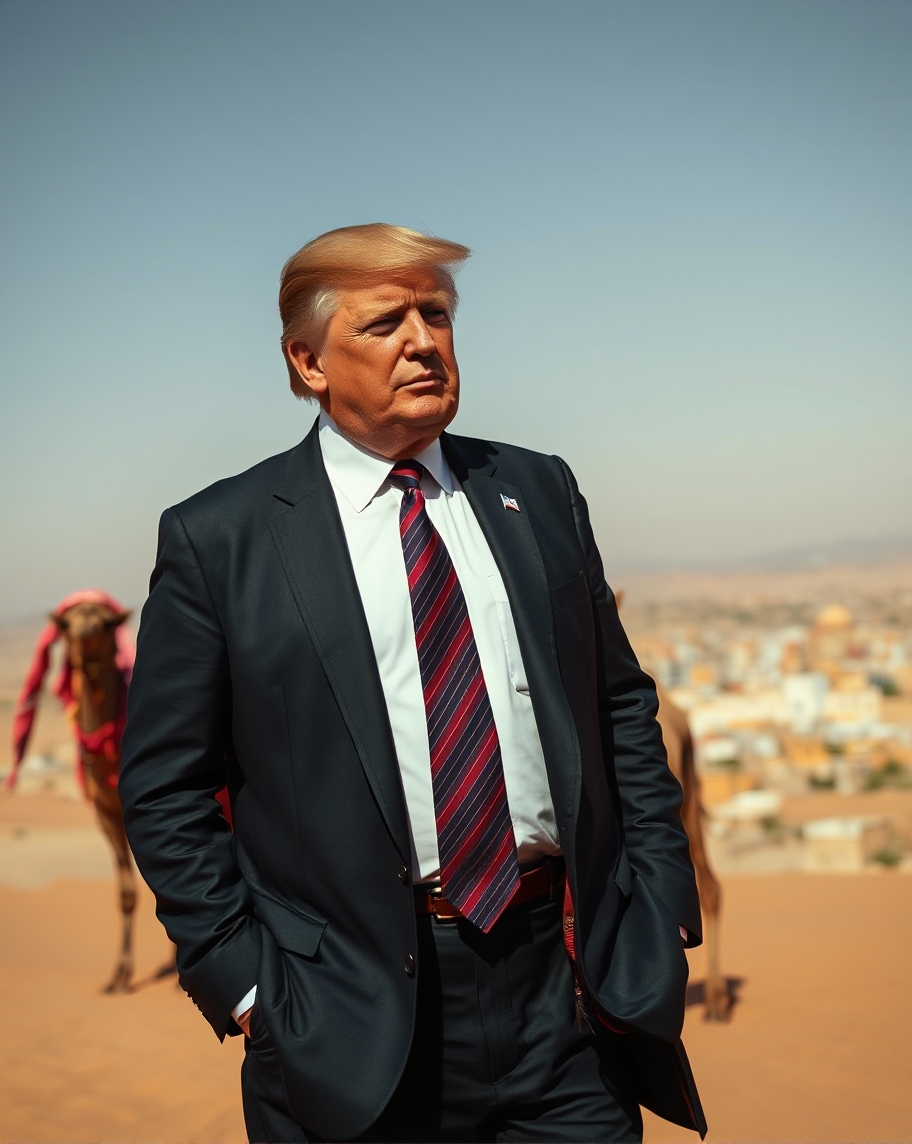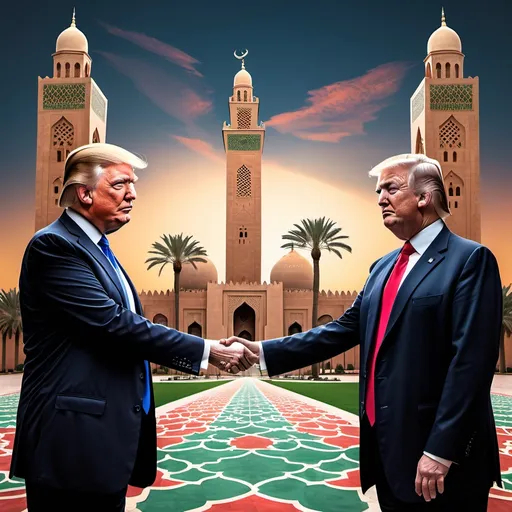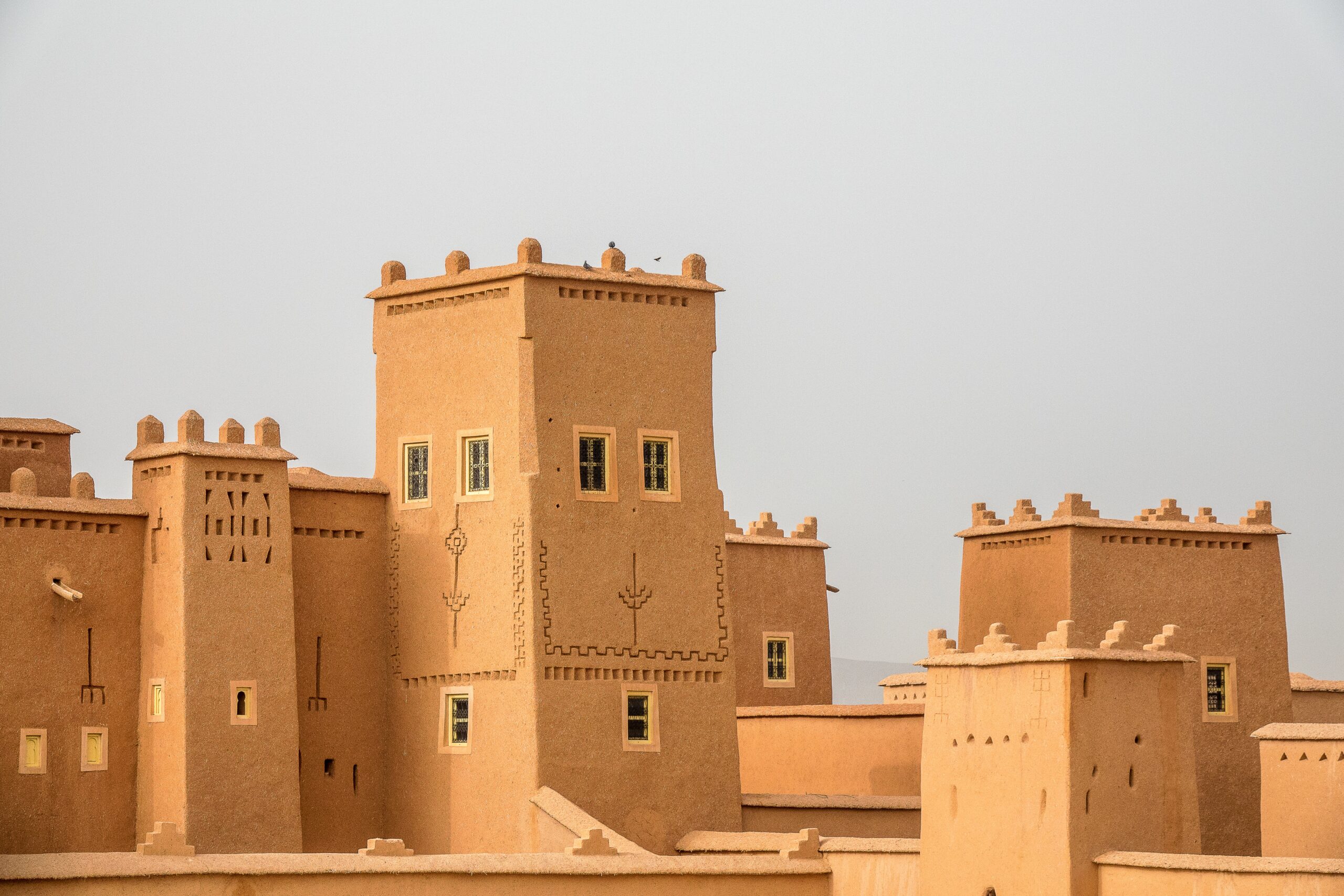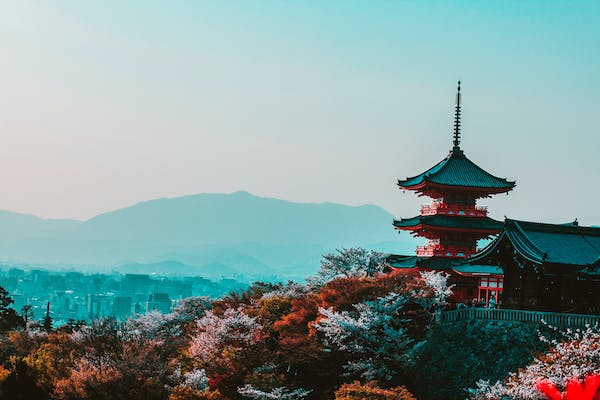
In Morocco, nationalist groups are celebrating Donald Trump’s victory in the U.S. presidential election, highlighting his support for Morocco’s claim over Sahara—a cause that resonates deeply within the North African kingdom.
In the November 5 election, Donald Trump secured the presidency by improving on his 2020 performance across both traditionally red and blue states and capturing enough swing states to surpass the 270 Electoral College votes needed.
Despite his controversial policies, such as the border wall and travel bans affecting Muslim-majority countries, Trump has found strong support among Moroccan nationalists, who view him as a reliable ally committed to Morocco’s interests. Ali, a 25-year-old Moroccan aligned with the Moorish movement, commented, “I may not agree with all his policies, but I believe he’ll prioritize the Sahara issue.” The Moorish movement, inspired by Trump’s “Make America Great Again” slogan, has rebranded it as “Make Morocco Great Again.”
This movement, active mainly online, is known for its anti-migrant stance and support for normalized relations with Israel, resonating particularly with Millennial and Gen Z Moroccan men in the diaspora. However, it remains an informal group without any structured political organization.
In December 2020, Trump recognized Morocco’s sovereignty over Sahara in exchange for Morocco normalizing relations with Israel. This agreement, brokered by Trump’s senior advisor and son-in-law Jared Kushner, was part of the Abraham Accords, which normalized ties between Israel and several Arab nations.
On social media platform X (formerly Twitter), Moroccan users displaying the Moorish flag have celebrated Trump’s win, seeing it as a new chapter in Moroccan-American relations. One Moorish movement supporter noted, “I want peace in Gaza, but the Democrats fund wars too, so why back them?”
Several Moroccan media outlets echoed this sentiment. “Re-election of Donald Trump: An opportunity for Morocco,” read a headline from Barlamane minutes after Trump’s victory was announced.
Some Moroccan-American voters also leaned toward the Republican candidate, expressing concerns over issues like “progressive propaganda” in U.S. schools. Touria, a 46-year-old Moroccan-American from New Jersey, told The New Arab, “They’re teaching our kids about pronouns and same-sex relationships. As Muslims, it’s unacceptable.”
During his last days in office, Trump took steps that the Biden administration would later reconsider, such as promising a U.S. consulate in Dakhla, a city in Sahara. Under Biden, the consulate project was paused without explanation.
Sahara, a former Spanish colony, is considered by the UN to be a “non-self-governing territory” due to the lack of a final settlement. Morocco claims the region as part of its territory and has been in a long-standing conflict with the Polisario Front, an independence movement backed by Algeria. Rabat proposes an autonomy plan under Moroccan sovereignty, while the Polisario Front calls for a UN-backed referendum on self-determination, agreed upon in a 1991 ceasefire but never implemented.
In recent years, Morocco has intensified its diplomatic efforts to solidify its claim, encouraging countries to open consulates in Sahara as a show of support. To date, only the U.S. and France have pledged diplomatic representation there, though neither has yet acted on this commitment.




